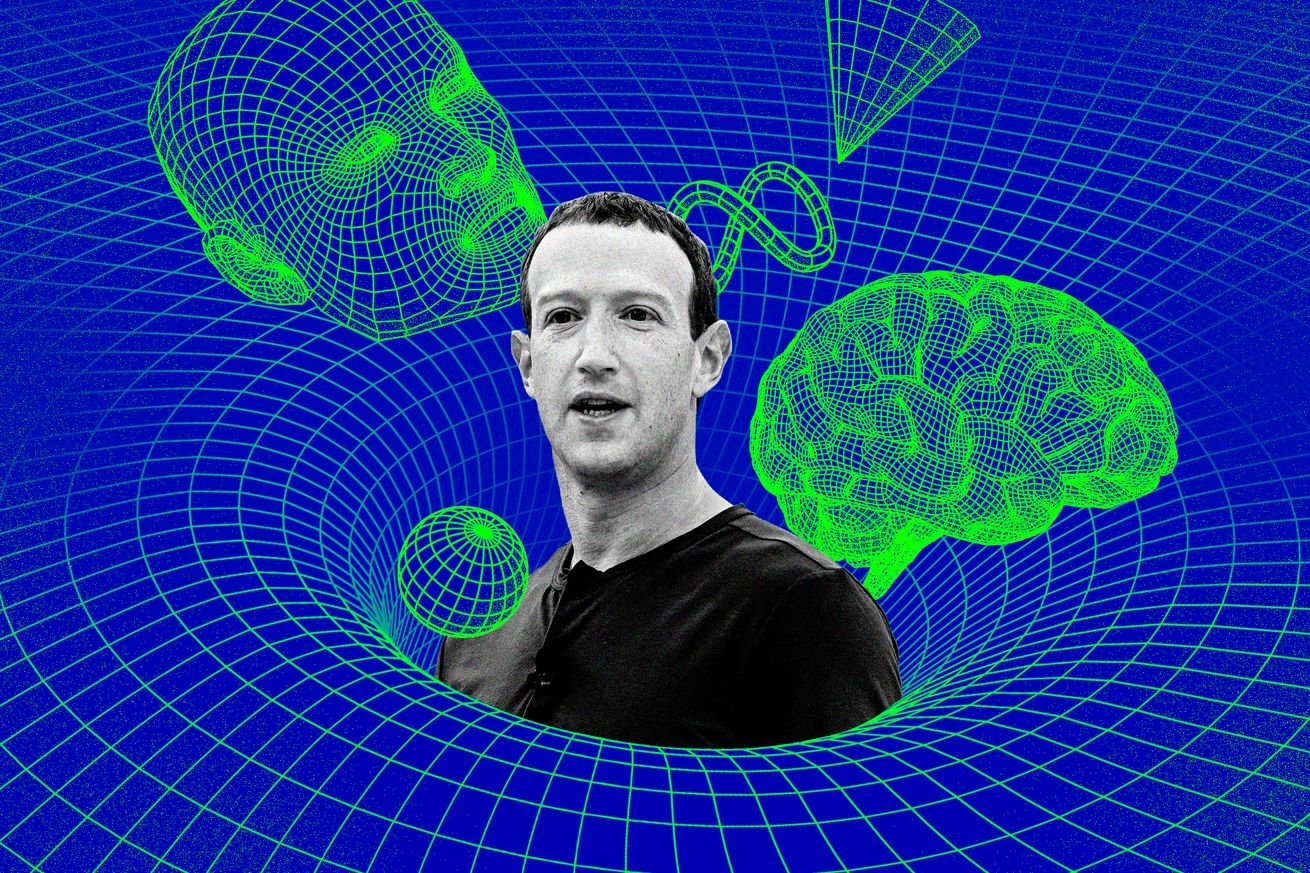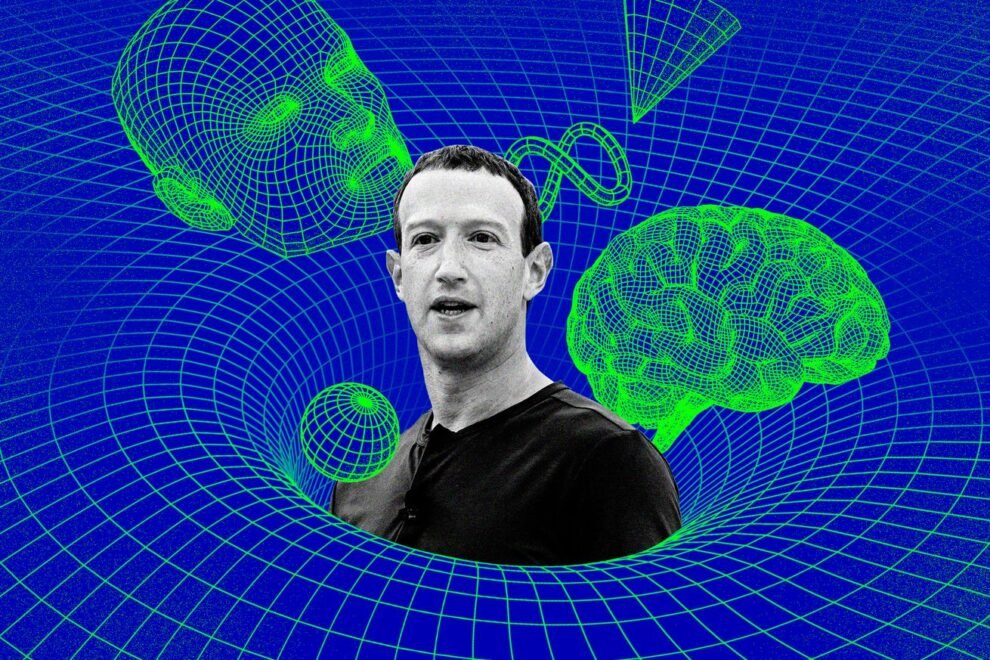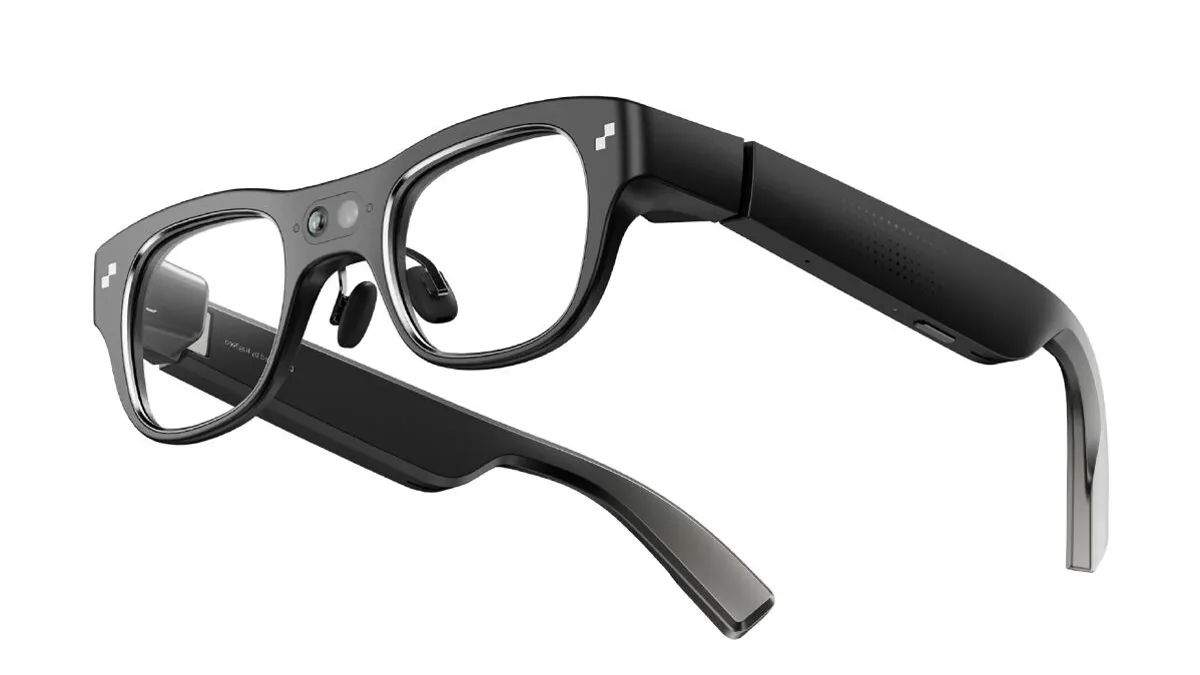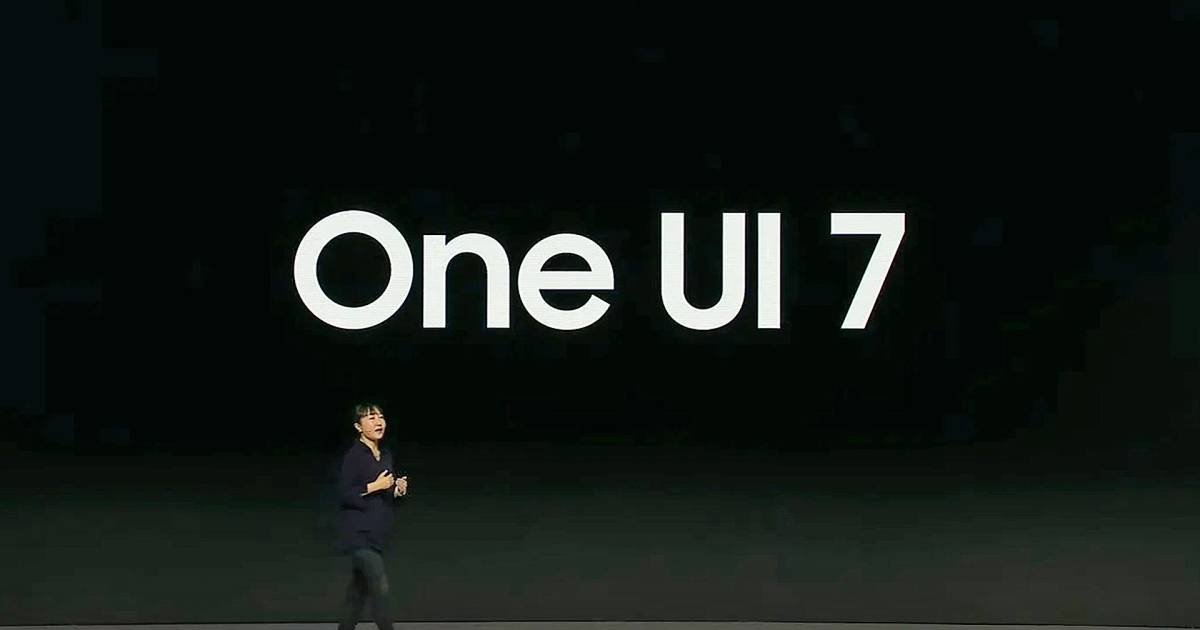Mark Zuckerberg, the CEO of Meta Platforms Inc., is redirecting the company’s focus towards a formidable challenge in the tech world: the development of Artificial General Intelligence (AGI). In a recent meeting with Meta employees, Zuckerberg emphasized AI as the company’s main priority, signaling a significant shift in the company’s strategy.
Key Highlights
- Mark Zuckerberg aims to develop Artificial General Intelligence (AGI) with Meta’s resources.
- Plan to amass 350,000 Nvidia H100 GPUs for the development of AGI.
- Meta’s AI teams, including the Fundamental AI Research (FAIR) and generative AI teams, are being reorganized for this initiative.
- The initiative links closely with Meta’s ongoing commitment to the metaverse.
- Zuckerberg’s approach includes open sourcing AGI developments for broader use.

A Massive Infrastructure for AGI
The cornerstone of Meta’s AGI project involves securing an enormous amount of computing power. Zuckerberg plans to acquire around 350,000 Nvidia H100 GPUs by the end of the year, an investment that underscores the seriousness of Meta’s commitment to AI. This move is expected to significantly enhance the company’s computing capabilities, necessary for training the powerful models needed for AGI.
Meta’s AI Teams: A Unified Front for Innovation
Meta’s AI research is spearheaded by two main teams: the Fundamental AI Research (FAIR) team and a generative AI team. The reorganization of these teams reflects Meta’s intent to accelerate its AI research. This restructured focus aims not only to advance AGI but also to enhance Meta’s virtual reality world, the metaverse.
The Metaverse and AGI: Interconnected Visions
A notable aspect of Zuckerberg’s vision is the interconnection between AGI and the metaverse. He believes that advancements in AI will significantly benefit the metaverse, Meta’s ambitious project that has faced skepticism but remains a key focus for the company. This linkage suggests a holistic approach, where AI not only propels Meta’s immediate goals but also shapes its future in virtual reality.
AGI and the Metaverse: An Integrated Future
Zuckerberg envisions a future where AGI and the metaverse coalesce, enhancing each other’s capabilities. The metaverse, Meta’s virtual reality platform, stands to benefit significantly from advancements in AI. The integration of AGI into the metaverse could lead to more immersive, responsive, and interactive virtual environments, pushing the boundaries of digital experience.
A Pledge to Open Source AI
In a move that sets Meta apart from many of its contemporaries, Zuckerberg has committed to sharing the company’s AGI developments with the wider world. This open-source approach is expected to catalyze global AI innovation, allowing developers and researchers worldwide to build upon Meta’s findings.
Open Sourcing AGI: A Commitment to Broader Innovation
In a departure from the industry norm, Meta plans to openly share its progress in AGI development. This open-source approach is intended to enable broader usage and experimentation in the AI community, potentially accelerating AGI development beyond Meta’s walls.
Meta, under Mark Zuckerberg’s leadership, is taking a bold leap into the future of AI by focusing on developing Artificial General Intelligence. This endeavor involves significant investments in computing power and a strategic reorganization of Meta’s AI teams. By linking AGI development with the metaverse and committing to open-sourcing its advancements, Meta is positioning itself at the forefront of AI innovation.


















